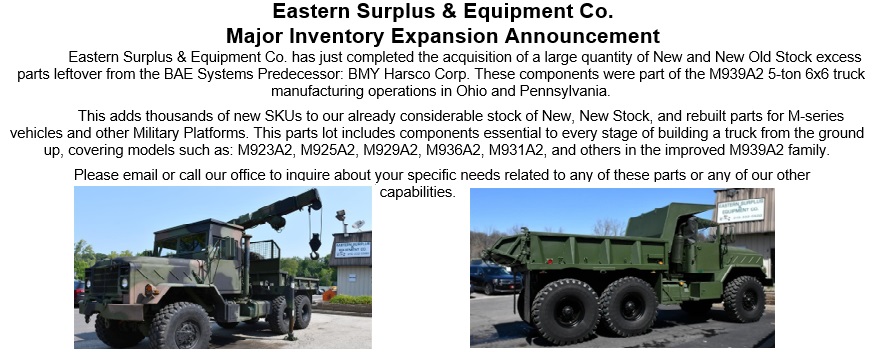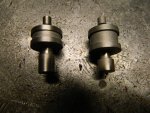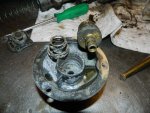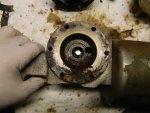kooldadd
New member
- 62
- 0
- 0
- Location
- East Orlando, Fl.
Real quick... does the air go through the j tube to the back of the pack when applying brakes and push diaphragm? I've searched for answers and diagrams. What I need is a flow diagram for air... I have air to the little boxy thing and no air out to j tube or trailer hookup.





